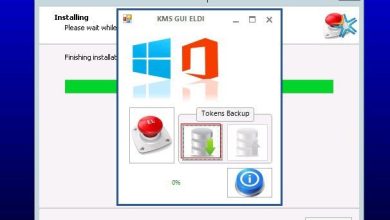
The Bachelor of Science in Hospitality Management curriculum typically includes a combination of core courses, electives, and practical experiences designed to prepare students for careers in the hospitality industry. While specific courses may vary depending on the institution, here is a general outline of what you might expect to study:
- Introduction to Hospitality Management: An overview of the hospitality industry, its history, scope, and current trends. This course may also cover the various sectors within hospitality, such as lodging, food and beverage, tourism, and event management.
- Hospitality Marketing and Sales: Focuses on marketing strategies, promotional techniques, and sales management within the hospitality industry. Topics may include market segmentation, branding, advertising, and customer relationship management.
- Hospitality Operations Management: Explores the day-to-day operations of hospitality businesses, including front office procedures, housekeeping management, food and beverage operations, and revenue management.
- Food and Beverage Management: Covers the principles of menu planning, food production, beverage management, and restaurant operations. Students may also learn about food safety regulations and industry standards.
- Lodging Management: Examines the management of lodging establishments such as hotels, resorts, and other accommodation facilities. Topics may include room division management, guest services, hospitality technology, and property management systems.
- Event Management: Focuses on the planning, coordination, and execution of events within the hospitality industry, including conferences, weddings, meetings, and exhibitions. Students may learn about event logistics, budgeting, vendor management, and risk assessment.
- Hospitality Law and Ethics: Explores legal issues and ethical considerations relevant to the hospitality industry, including contracts, liability, employment law, and regulatory compliance.
- Financial Management for Hospitality: Introduces basic financial principles and accounting practices specific to hospitality businesses. Topics may include budgeting, financial analysis, cost control, and investment appraisal.
- Human Resource Management in Hospitality: Covers topics related to recruiting, training, managing, and retaining employees within the hospitality industry. Students may also learn about labor relations, diversity management, and employee motivation.
- Internship or Work Experience: Many hospitality management programs require students to complete an internship or gain practical work experience in a hospitality-related setting. This allows students to apply their classroom learning in a real-world environment and gain valuable industry experience.
- Electives: Students may have the opportunity to choose elective courses based on their interests and career goals. Elective options may include topics such as sustainable tourism, destination management, hospitality entrepreneurship, or international hospitality operations.
Overall, the Bachelor of Science in Hospitality Management curriculum is designed to provide students with a comprehensive understanding of the hospitality industry, as well as the knowledge and skills needed to succeed in various managerial roles within the field.



